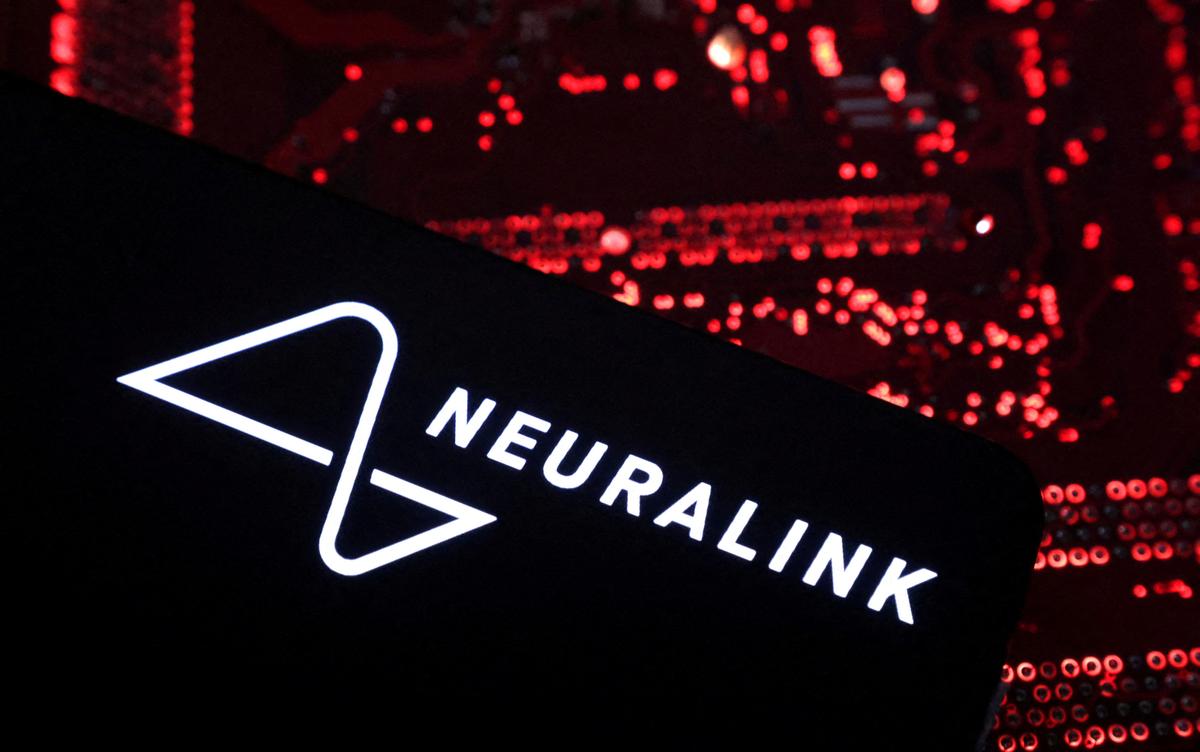Neuralink Receives FDA Breakthrough Device Tag for Mask's Blindsight Implant
Neuralink, the brain-chip startup owned by Elon Musk, has achieved a major milestone from the US Food and Drug Administration (FDA). The Public Health Agency has given the company's experimental vision implant the tag "breakthrough device." This tag is issued to medical devices that offer treatment or diagnosis for life-threatening conditions The FDA aims to accelerate the development and review of such devices, and the breakthrough tag points to the potential for significant benefits for patients.
In a post shared on X, the startup wrote: “We have received Breakthrough Device Designation from the FDA for Blindsight. Join our quest to bring back sight to those who have lost it. Apply for openings on our Patient Registry and our Careers page.”
In a separate post, Musk said: "Neuralink's Blindsight device will enable even those who have lost both an eye and their optic nerve to see. If the visual cortex is intact, it will enable even people who are blind from birth to see for the first time. To set expectations right, vision At first there will be low resolution, like Atari graphics, but eventually, it's likely to be better than natural vision and enable you to see in infrared, ultraviolet or even radar wavelengths, like Geordi La Forge. Much appreciated @US_FDA!”
However, Neuralink has yet to share details about when it expects to move the BlindSight device to human trials.
Neuralink, founded by Elon Musk in 2016, is working on another technology that can restore vision and movement for specially-disabled patients. The company's implant can be surgically placed into the skull to process and transmit nerve signals that would enable communication with external devices like computers or phones.
The company is also researching another implant designed specifically to help disabled patients control digital devices using only their thoughts. This technology holds potential for individuals with spinal cord injuries.
A clinical trial to evaluate the efficacy of these implants is currently underway. Three patients have already participated in the study, which is expected to last several years.
Earlier this year, Neuralink successfully implanted the device into a second patient who was using the implant to play video games and learn 3D design. It showcases the potential of technology to improve the lives of people with special abilities.





